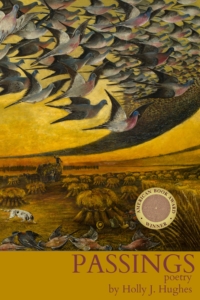Elder Voices
ELDER VOICES: WISTFUL, WONDERING, WISE, Editors Marie Eaton, Carla Shafer, and Angela Boyle. Elder Voices 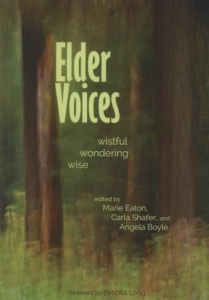 Project, Bellingham, Washington.
Project, Bellingham, Washington.
This anthology collects poems and essays from elders living in Whatcom County, Washington. The launch featured six writers, ending with 100-year-old essayist, Maggie Weisberg, who charmed all of us by announcing, before reading “On Being Old,” that the 70- and 80-year-olds in the audience could be her children.
It’s a cornucopia of delights, calling forth memories of childhood and loved ones long gone, embracing the natural world of years back, and the natural world still left to us, looking forward to new adventures. These are not people taking up their rocking chairs. They’re still growing, changing, writing.
Age Is Relative
Still kicking at sixty-nine years old,
one year short of Dad’s death,
four years past older Sister’s passing,
peering toward Mom’s eight,
astonished by Aunt’s ninety-three,
and still searching for
some sort of meaning
after all these years.— Nancy Kay Peterson
If I had to sum up the book in one word? “Celebration.”
Old Growth
When two old friends stand together
in the forest for six hundred years and
feel the rain prickle against their shredding
bark, feel the heat of the morning press
into their needles on sloping limbs, feel
their silent lives raised from the forest floor
in a flow of phloem and xylem, we pass by
mindful of their presence, as if we mattered
and they rose in service to us — their shade,
their fibers, even their core (where friendship
lives) — sawn through and framed to form
our rooms. Or, mindful of our significance
as less than theirs, walking beneath the canopy
we would kneel, learn the pattern
of their breathing, feel the rain
dampen our sweaters, absorb
the heat of enduring friendship.— Carla Shafer
Chock-full of inspiration, it’s a project I hope to see duplicated elsewhere. You can find a copy at Village Books, located in Fairhaven, and on-line.
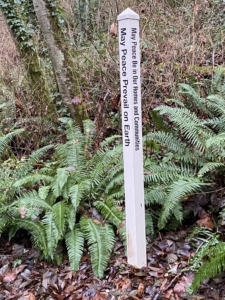

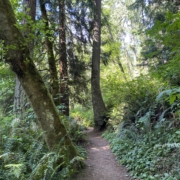
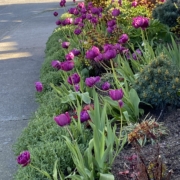
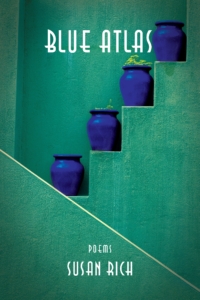 front — I’m lowering thresholds all over the place. Soon I’ll be lying inert in the doorway and you’ll have to step over me. But not today! Today, we get a poem from Seattle poet, editor, and teacher Susan Rich.
front — I’m lowering thresholds all over the place. Soon I’ll be lying inert in the doorway and you’ll have to step over me. But not today! Today, we get a poem from Seattle poet, editor, and teacher Susan Rich.
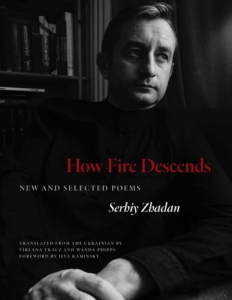 Phipps, Yale University Press, New Haven & London, 2023, 136 pages, paper, $18,
Phipps, Yale University Press, New Haven & London, 2023, 136 pages, paper, $18, 

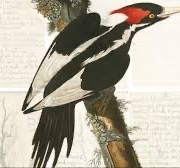
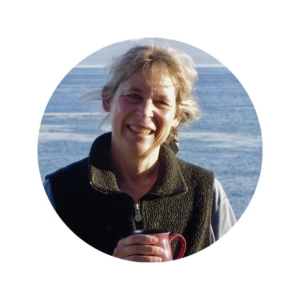 lesson that our poems might teach others.
lesson that our poems might teach others.